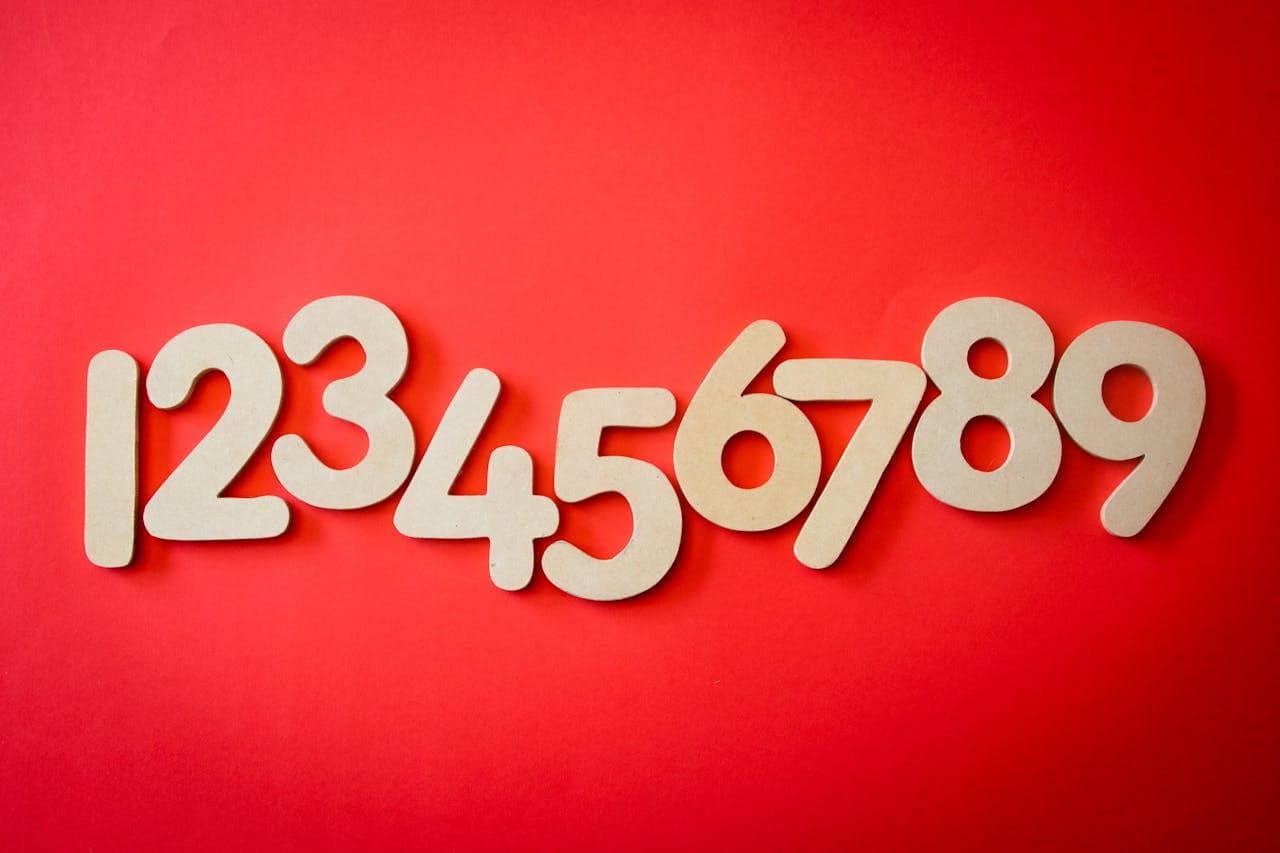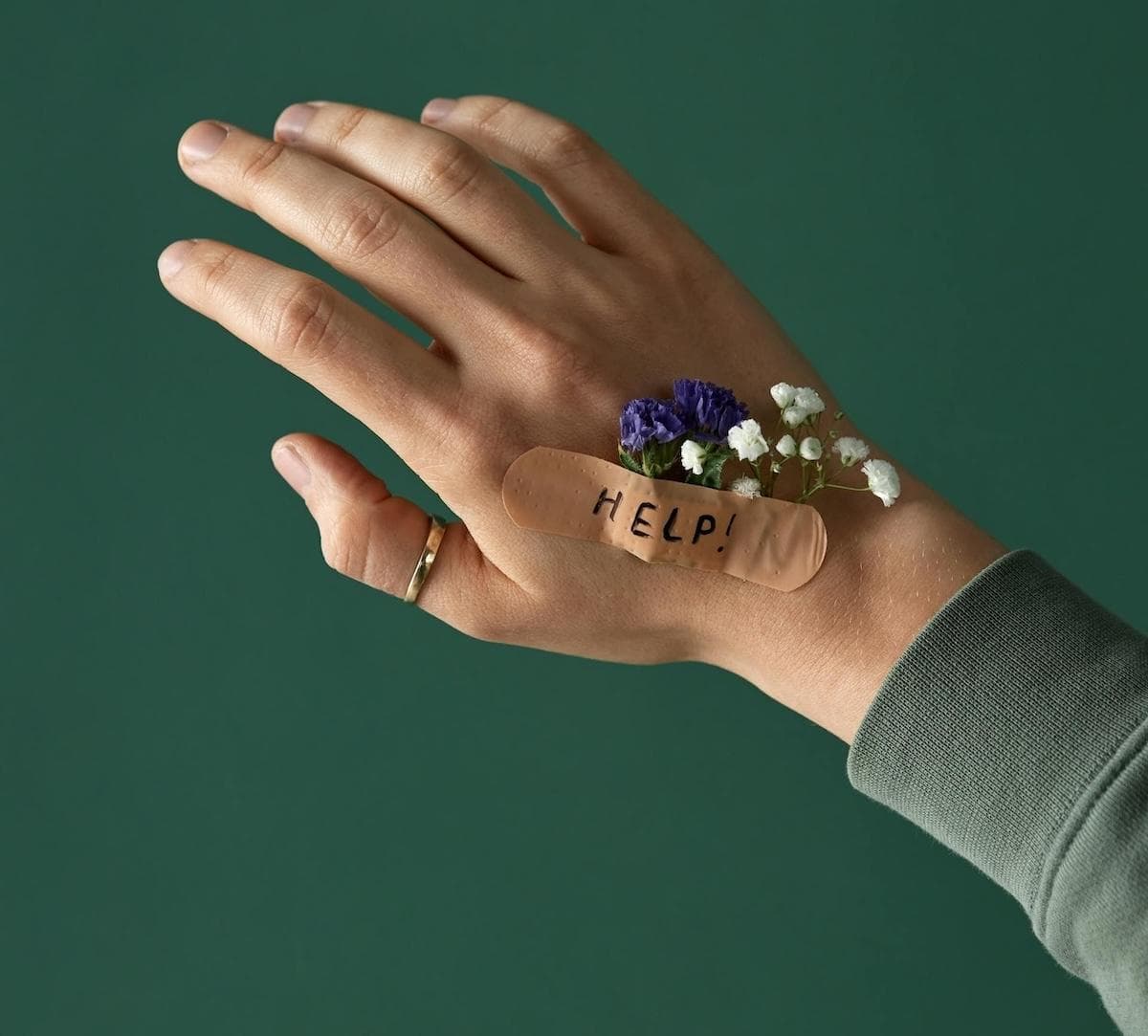Traveling to China can be an exciting and enriching experience but also daunting if you don't speak the language. While many Chinese people in major cities speak some English, knowing a few key phrases in Mandarin Chinese can greatly enhance your travel experience. It shows respect for the local culture, helps you navigate daily situations more easily, and can even lead to more meaningful interactions with locals.
Mandarin Chinese is the most widely spoken form of Chinese and the official language of mainland China. While it may seem challenging at first due to its tonal nature, mastering a few essential phrases can go a long way in making your trip smoother and more enjoyable.
Greetings and Basic Courtesies
Starting with basic greetings and polite expressions is a great way to break the ice and show respect. Here are some essential phrases:

1. Hello
Chinese: 你好 (nǐ hǎo)
Pronunciation: nee how
Note: This is a general greeting used throughout the day.
2. Goodbye
Chinese: 再见 (zài jiàn)
Pronunciation: dzye jyen
Note: Literally means "see you again."
3. Please
Chinese: 请 (qǐng)
Pronunciation: ching
Note: Often used before making a request.
4. Thank you
Chinese: 谢谢 (xiè xiè)
Pronunciation: shyeh shyeh
Note: For extra politeness, you can say 谢谢您 (xièxiè nín), which is a more formal "thank you."
5. Excuse me / Sorry
Chinese: 对不起 (duì bu qǐ)
Pronunciation: dway boo chee
Note: This phrase can be used both to apologize and to get someone's attention politely.
Keep in mind that Mandarin Chinese is a tonal language, which means the pitch of your voice can change the meaning of a word. While natives will usually understand you from context, trying to get the tones right will be appreciated. Don't be afraid to practice these phrases often during your trip!
Numbers and Counting
Understanding numbers is crucial for everything from shopping to telling time. Here are the basic numbers 1-10 in Mandarin:

- One - 一 (yī) - pronounced "ee"
- Two - 二 (èr) - pronounced "ar"
- Three - 三 (sān) - pronounced "san"
- Four - 四 (sì) - pronounced "suh"
- Five - 五 (wǔ) - pronounced "woo"
- Six - 六 (liù) - pronounced "lyoh"
- Seven - 七 (qī) - pronounced "chee"
- Eight - 八 (bā) - pronounced "bah"
- Nine - 九 (jiǔ) - pronounced "jyoh"
- Ten - 十 (shí) - pronounced "shr"
To count objects, you typically use a measure word between the number and the noun. The most common general measure word is 个 (gè). For example:
- Three apples: 三个苹果 (sān gè píngguǒ)
- Five people: 五个人 (Wǔ gè rén)
We also have thorough guides on numbers and measure words in Chinese.
Mastering numbers will help you negotiate prices, understand costs, and navigate many everyday situations during your travels in China.
Asking for Help
When traveling, you may often need to ask for assistance. Here are some useful phrases:

1. "Do you speak English?"
Chinese: 你会说英语吗?(Nǐ huì shuō Yīngyǔ ma?)
Pronunciation: nee hway shwaw ying-yoo ma?
2. "Where is...?"
Chinese: ...在哪里?(...Zài nǎli?)
Pronunciation: dzye nah-lee?
Example: "Where is the bathroom?" - 洗手间在哪里?(Xǐshǒujiān zài nǎli?)
3. "Can you help me?"
Chinese: 你能帮帮我吗?(Nǐ néng bāng bāng wǒ ma?)
Pronunciation: nee nung bahng bahng woh ma?
4. "I don't understand."
Chinese: 我不明白。(Wǒ bù míngbái.)
Pronunciation: woh boo ming-bye.
Even if the person you're asking doesn't speak English, using these phrases shows your effort and may encourage them to find someone who can help.
Here is a more detailed guide on how to ask questions in Chinese.
Transportation
Navigating transportation in a foreign country can be challenging. Here are some essential phrases:

1. "I want to go to..."
Chinese: 我想去... (Wǒ xiǎng qù...)
Pronunciation: woh shyang choo...
2. "How much is a ticket to...?"
Chinese: 去...的票多少钱?(Qù... de piào duōshǎo qián?)
Pronunciation: choo… duh pyaow dwaw-shaow chyen?
3. "Where is the nearest subway station?"
Chinese: 最近的地铁站在哪里?(Zuìjìn de dìtiě zhàn zài nǎli?)
Pronunciation: dzway-jin duh dee-tyeh jan dzai na-lee?
4. "Please stop here." (for taxis)
Chinese: 请在这里停。(Qǐng zài zhèli tíng.)
Pronunciation: ching dzye jer-lee ting.
These phrases will help you get around using various modes of transportation in China.
Dining Out
Food is an essential part of experiencing Chinese culture. Here are some useful phrases for dining out:

1. "Menu, please."
Chinese: 请给我菜单。(Qǐng gěi wǒ càidān.)
Pronunciation: ching gay woh tsai-dan.
2. "I would like to order..."
Chinese: 我要点... (Wǒ yào diǎn...)
Pronunciation: woh yaow dyen...
3. "Water, please."
Chinese: 请给我水。(Qǐng gěi wǒ shuǐ.)
Pronunciation: ching gay woh shway.
4. "Bill, please."
Chinese: 请结账。(Qǐng jiézhàng.)
Pronunciation: ching jyeh-jang.
5. "I'm vegetarian."
Chinese: 我是素食者。(Wǒ shì sùshí zhě.)
Pronunciation: woh shih soo-shur jer.
6. "Is this spicy?"
Chinese: 这个辣吗?(Zhège là ma?)
Pronunciation: jer-guh la ma?
These phrases will help you navigate restaurants and enjoy the delicious cuisine China has to offer.
If you’re interested, feel free to check out our article on essential vocabulary for Chinese food.
Shopping
Shopping in China can be an adventure, especially in markets where bargaining is common. Here are some useful phrases:

1. "How much is this?"
Chinese: 这个多少钱?(Zhège duōshǎo qián?)
Pronunciation: jer-guh dwoh-shaow chyen?
2. "That's too expensive."
Chinese: 太贵了。(Tài guì le.)
Pronunciation: tai gway luh.
3. "Can you lower the price?"
Chinese: 能便宜点吗?(Néng piányi diǎn ma?)
Pronunciation: nung pyen-yee dyen ma?
4. "Do you have this in another color/size?"
Chinese: 有别的颜色/尺寸吗?(Yǒu bié de yánsè/chǐcùn ma?)
Pronunciation: yo byeh duh yen-suh/chur-tsun ma?
Be aware that bargaining is often expected in markets and small shops, but not in department stores or high-end boutiques.
Emergency Phrases
While we hope you won't need them, it's crucial to know some emergency phrases:

1. "Help!"
- Chinese: 救命!(Jiùmìng!)
- Pronunciation: jyow-ming!
2. "Call the police!"
- Chinese: 报警!(Bàojǐng!)
- Pronunciation: baow-jing!
3. "I need a doctor."
- Chinese: 我需要医生。(Wǒ xūyào yīshēng.)
- Pronunciation: woh shyoo-yaow ee-shung.
4. "Where is the nearest hospital?"
- Chinese: 最近的医院在哪里?(Zuìjìn de yīyuàn zài nǎli?)
- Pronunciation: dzway-jin duh ee-yuan dzai na-lee?
5. "I'm lost."
- Chinese: 我迷路了。(Wǒ mílù le.)
- Pronunciation: woh mee-loo luh.
Remember to save the address and phone number of your country's embassy or consulate in China, just in case.
Regional Variations
While Mandarin is China's official language, be aware that:
- Major cities like Beijing and Shanghai generally use standard Mandarin.
- Smaller cities and rural areas may have stronger regional accents or use local dialects.
- Southern China, in particular, has many distinct dialects that can differ significantly from Mandarin.
- Despite spoken differences, written Chinese remains largely consistent across regions.
Don’t worry! The phrases in this guide are widely understood throughout China but don't be surprised if you encounter local variations in pronunciation or vocabulary.
Cultural Tips
Understanding a few cultural nuances can greatly enhance your experience in China:
- Tones are important: Mandarin Chinese has four tones, and they can change the meaning of a word. While locals will often understand you from context, trying to use the correct tones is appreciated.
- Respect for elders: Chinese culture highly values respect for older people. Use 您 (nín) instead of 你 (nǐ) when addressing older people or those in positions of authority.
- Giving and receiving: When giving or receiving something, it's polite to use both hands.
- Pointing: Pointing with your index finger can be considered rude. Use an open hand to gesture instead.
- Personal space: Chinese people may have a different concept of personal space compared to Westerners. Don't be surprised if people stand closer to you than you're used to.
- Saving face: The concept of "face" (面子, miànzi) is important in Chinese culture. Avoid putting someone in an embarrassing situation or contradicting them publicly.
- Showing Appreciation: Reciprocity is valued in Chinese culture. The easiest way is of course saying 谢谢你 (thank you) after people offer a hand. For significant help, consider offering a small gift or a sincere compliment along with your thanks. A simple "非常感谢" (Fēicháng gǎnxiè - Thank you very much) goes a long way.
- Meal Etiquette: When dining with others, it's polite to try a bit of everything offered. Leaving a small amount of food on your plate at the end of the meal is seen as good manners, indicating that you were served more than enough.
Enhancing Your China Experience
Mastering these essential Chinese phrases will significantly enrich your travels in China. While the language may seem challenging at first, even a basic effort to speak Mandarin is often met with appreciation and encouragement from locals.
Here are some final tips to boost your language learning:
- Practice regularly: Spend a few minutes each day reviewing these phrases. Repetition is key to memorization.
- Use language apps: Tools like Duolingo, HelloChinese, or ChineseSkill offer interactive lessons for beginners. If you want to improve your reading skills further and expand your vocabulary, check out Pandaist, which offers graded Chinese articles on various topics to help you learn in context.
- Immerse yourself: Watch Chinese movies or TV shows with subtitles to familiarize yourself with the language's sounds and rhythms. Alternatively, listening to Chinese music is also a good way to immerse yourself.
- Create a personal phrasebook: Jot down the expressions you've learned here, along with any others you think you'll need.
- Embrace mistakes: Don't worry about perfect pronunciation. Your effort to engage with the local language is what truly matters.
Communication goes beyond words. A smile and a respectful attitude can bridge many language gaps. Your willingness to learn and use Mandarin, even at a basic level, can lead to richer experiences and meaningful connections during your journey.
祝你在中国玩得开心!(Zhù nǐ zài Zhōngguó wán dé kāixīn!) - Have a great time in China!